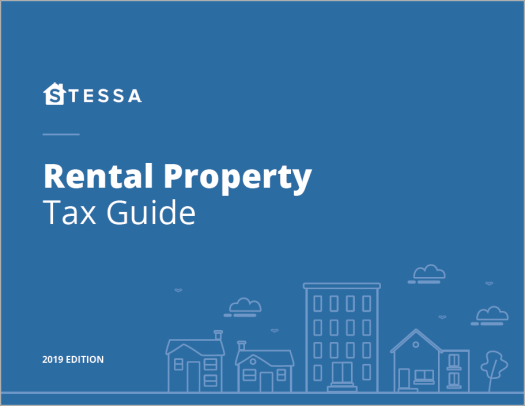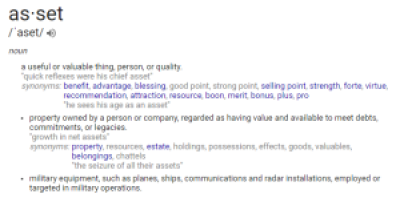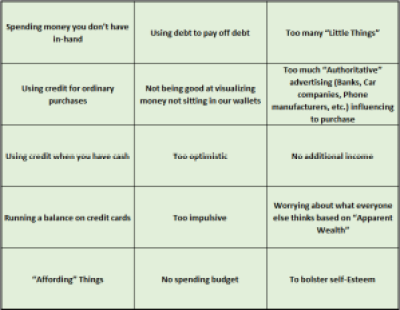Do you have cable and/or cable services like phone, tv plus premium channels, and internet? Does it seem like the cost keeps going up? ME TOO! LOL
Read on to see what we did to reduce our costs for these services.

Initial Setup
Our entertainment setup consisted of two Tivos, (1-Premiere model capable of cable & OTA Reception, 1-Roamio model-cable reception only), four TVs, (1-LR, 3-BR), two digital signal adapters for the Kids’ bedrooms, two Firesticks (LR & MBR), VoIP phone from the cable provider, mid-tier cable TV package with no premium channels, (up to) 150 MB/s internet connection, a family Netflix subscription (allowing simultaneous logins), Prime Video (complimentary with Prime account), and a promotional Hulu account for $0.99/month for a year. Our cable, phone, and internet were all with Comcast.
Our bill has gone up & down depending on what promotional package we would renegotiate for, but that involved going to the cable company office, in person, and asking for it, usually after waiting in line for a while. That was aggravating enough, but the bill would continuously increase, outside of the changes to promotional status.
We don’t watch a lot of TV. Just a few shows. And we never watch them live. We have too much other stuff going on. I started to evaluate our habits after our total bill came off of promotional status, raising the cost from approximately $137/month to $165/month. Then, for no reason, it went up to $174/month.
It turns out that most of the shows we watch are either only on a streaming service or show up on Hulu. It should be acceptable to only use streaming services. We decided to get an antenna to pick up local stations. We figured it would be hit-or-miss, because we live between 40-50 miles from the regular broadcast network towers. BUT, if we could get some channels, we could still get news during a storm if the internet goes down.
Click on this link to get your own free copy of the Rental Property Tax Guide by Stessa.
What We Changed
I discussed the idea with my wife and we decided to get an antenna and try it out. I researched antennas and almost bought a couple of different expensive ones, (amplified, slick advertising, etc.), but decided to start at a lower price point, always having the option to escalate, if needed. I settled on the GE Pro Outdoor/Attic Mount Antenna. It claimed to have a range that would allow us to receive the stations we wanted.
When it arrived, I connected it to the TV in the living room, (with the antenna sitting on my couch) and scanned for channels. It was able to pick up around 33 channels!
I then mounted it up in the attic and connected the living room TV to it, resulting in 38 – 42 stations coming in, depending on the weather.
I added a signal booster / splitter that would allow me to connect the other three TVs to the antenna. I was able to hook them up and get the same channels, so all was well.
The Tivo Premiere is able to receive Over The Air (OTA) signals to the tuner, so we set it up to record all of our broadcast network shows and we can use the Tivo Roamio in our bedroom to watch the recordings via network transfer between the Tivos.
We additionally got Firesticks for each of the kids’ TVs, allowing them to access Netflix & Hulu on their TVs.
Because we were still using the “Triple-Play Gateway” modem-router-access point, it would continue to cost us an additional $13/month in device rental fees. I didn’t like that. Time for more research!
I found a cable modem, (MOTOROLA 24×8 Cable Modem, Model MB7621) that would continue to provide us with the same speeds we were getting with the Comcast gateway, but it was only a one-time cost of approximate $70, as opposed to the monthly charge for the device rental. I got it, hooked it up and was able to configure it online in less than 10 minutes.
Our plan was to keep the internet. During my research, I called Comcast and asked about the internet charges, because their website said normal charges for internet were $71-$80/month, and was told that the price would indeed be $80/month.
Now that all of the hardware was replaced, I went to the Comcast office to return all of the equipment. The guy behind the counter said “OK, we can set you up with a promotional rate of $54.95/month for internet only, at the current speed you have.” Bingo! This is the same promotional rate they are offering to new subscribers for twelve months! I was ecstatic!
Cost Reductions
Before
Monthly recurring costs were $174 for TV, phone & internet = $2,088/year
After
Monthly recurring costs are $55 = $660/year
One-time costs were approximately $240 for the antenna, splitter/booster, 2 Firesticks, and a cable modem.
Net Savings of $1,188 in the first year (495% ROI) and continuing savings of $1,428 per year going forward.
Have you or are you thinking about cutting the cord? Let me know in the comments.
And, as always, let me know what you think in the comments. Ask questions, tell your story.
If you like my posts, please share them with others and subscribe to this blog.















